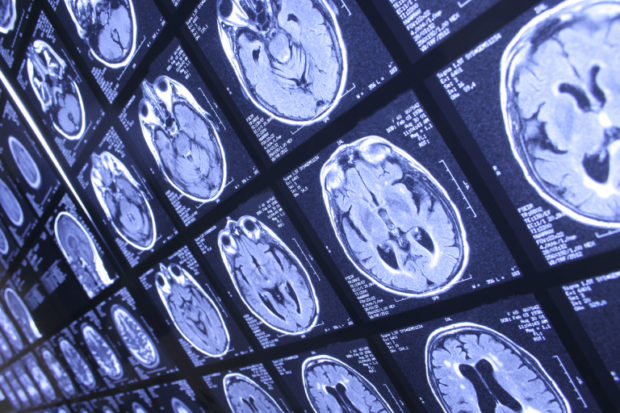Study warns of long-term neuropsychiatric risks among people recovering from COVID-19

Image: jawphotos/IStock.com via AFP Relaxnews
Basing their findings on data from past epidemics of respiratory viruses, United States researchers warn of the medium- and long-term risks of neurological sequelae in patients who have recovered from COVID-19.
An article by three American researchers at the University of California, San Diego, published in the journal Brain, Behavior, and Immunity, warns of potential long-term neurological impacts on patients who have recovered from COVID-19.
“Reports are already surfacing of acute central nervous system-associated symptoms in individuals affected by COVID-19, including greater stroke incidence in severely infected patients in Wuhan, China, along with delirium and loss of smell and taste senses,” points out the main author of the research study Suzi Hong.
The research described in this paper focused on the impact that SARS-CoV-2 may have on the human central nervous system and neuropsychiatric outcomes in patients infected with the virus. The study points out that data from previous respiratory viral pandemics, such as SARS-CoV-1 in 2002, H1N1 in 2009 and MERS-CoV in 2012, report higher rates of narcolepsy, seizures, encephalitis (inflammation of the brain) and other neuromuscular disorders in infected patients.
According to the authors of the publication, the neuropsychiatric consequences of the current COVID-19 pandemic are not yet known, but are likely to be significant and could last for years.
“Prospective neuropsychiatric monitoring of individuals exposed to SARS-CoV-2 at various points in the life course, as well as their neuroimmune status, are needed to fully understand the long-term impact of COVID-19,” concludes Suzi Hong’s team.
Last February, two studies also highlighted the risks of neurological damage linked to different coronaviruses. The first, conducted by scientists from Jilin University, China, showed that virus particles were found in the neurons of patients infected by SARS (2002) and MERS-CoV (2012).
The second research study, carried out by researchers at the Aga Khan University in Pakistan and published in the journal American Chemical Society, points to the possibility that SARS-CoV-2 may exploit a receptor for an enzyme, which is also present in the cells surrounding neurons. JB
RELATED STORIES:
US adults more concerned about anxiety levels during COVID-19 than paying bills
WATCH: Gretchen Ho gives faith testimonial to fellow ‘restless’ youth on how to conquer anxiety
For more news about the novel coronavirus click here.
What you need to know about Coronavirus.
For more information on COVID-19, call the DOH Hotline: (02) 86517800 local 1149/1150.
The Inquirer Foundation supports our healthcare frontliners and is still accepting cash donations to be deposited at Banco de Oro (BDO) current account #007960018860 or donate through PayMaya using this link.